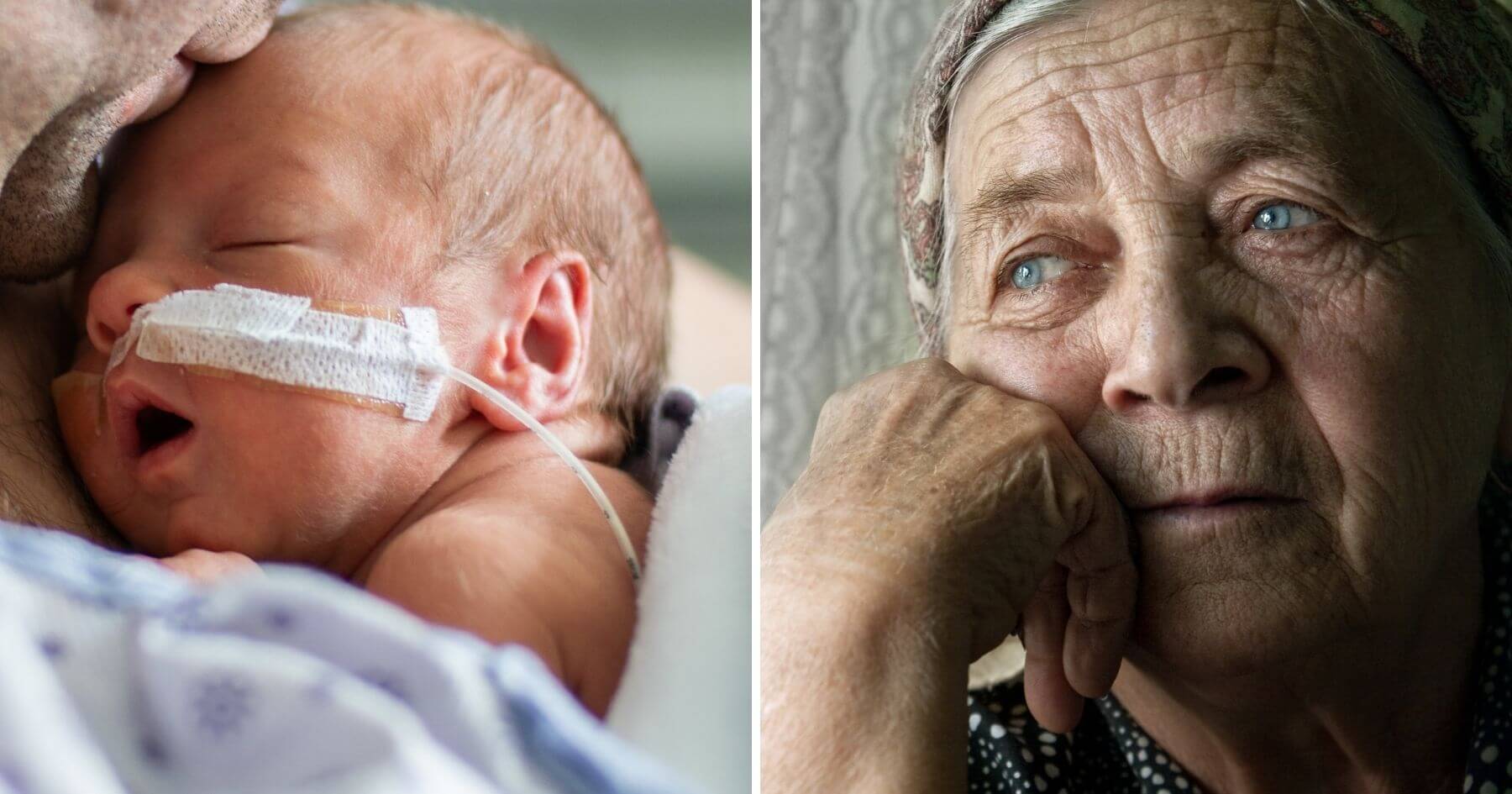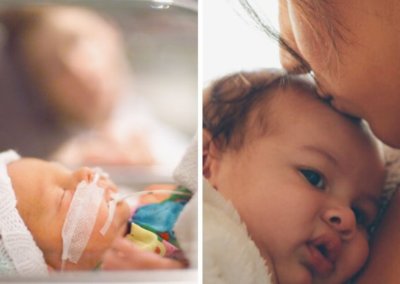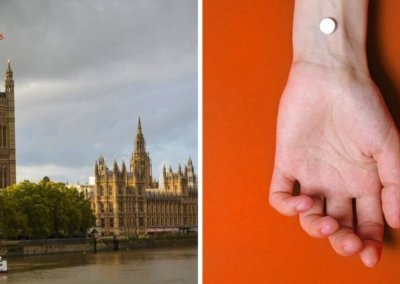Secret NHS plans, drawn up three years prior to the COVID-19 pandemic, recommended that doctors deny care to premature babies, the elderly, and those with “life-limiting conditions” such as cerebral palsy.
The NHS England report sent to Government advisers in 2016, laid out potential “patient triage scenarios” in the event of an influenza pandemic, in which some people would be denied treatment due to limited resources.
The confidential papers were obtained by Dr Moosa Qureshi under the Freedom of Information Act with lawyers from Leigh Day. For several months, the Department of Health and Social Care had refused to release the plans.
The document explained that a “move to population triage would require ministerial approval” and would only be enacted “once all capacity in the NHS was exhausted”.
Through a process known as “population triage”, “patients would be assessed on probability of survival rather than clinical need”, in the event of a severe pandemic.
In such a scenario, the decision to ventilate a baby born at 26 weeks would “depend on local availability of specialist care staff”, despite the fact that the child’s probability of survival could fall from 90 per cent to between 1 and 15 percent without such care.
Catriona Ogilvy, chairman of The Smallest Things, a charity run by mothers of premature babies, said: “If parents of premature babies knew triage plans like this had been written up and discussed at government level, they would be horrified”.
“If in 2018 you are making decisions around which babies you are going to ventilate, let’s look at more nursing staff, more ventilators and more support”.
Care would be withdrawn from the elderly and those with “life-limiting conditions”
A table setting out different “triage scenarios” described how doctors would have to evaluate “routine cases … in a period of severe influenza pandemic surge”.
It described how a teenager with acute appendicitis was “highly likely to be admitted”, while older patients might not be.
It also explained that otherwise healthy younger patients would likely be prioritised over “younger patients with life-limiting conditions” such as cerebral palsy.
The documents also revealed secret NHS plans to withdraw hospital care from people in nursing homes during a pandemic event.
The Government maintains that population triage has not been implemented at any point during the COVID-19 pandemic. However, in response to the reports that have now been disclosed, some doctors have said such guidance should have been published and subject to debate.
Ministers have also repeatedly insisted that care homes were not abandoned by the NHS, as suggested by these plans, during the coronavirus crisis. However there is much evidence to the contrary, given that they released 25,000 patients into care homes without testing, at the height of the pandemic.
“…Purely down to the fact that he was living in a care home, he was left to die”
Andrew Ward, whose father Geoffrey Ward—a care home resident—died after testing positive for COVID-19, said: “From the moment that he displayed the first symptom, it was as though everyone had decided that the Covid would kill him”.
He then explained how his father had been refused an in-person appointment with his GP, and that after an ambulance was called to hoist him back to bed after a collapse, paramedics told the care home staff they would not return to help him again.
He explained: “If my father had been living … in any other setting than a care home, then an ambulance would have picked him up when he was ill and taken him to hospital. But purely down to the fact that he was living in a care home, he was left to die”.
It was also disclosed earlier this year that—in breach of guidelines—care homes were asked by NHS managers and GPs to place ‘do not resuscitate’ (DNAR) on all residents at the height of the pandemic to free up hospital beds.
An investigation also found that medics gave DNAR orders to people with mental illness and learning disabilities throughout the pandemic.
A spokesperson for Right To Life UK, Catherine Robinson said: “Although these plans were made with a specific and extreme hypothetical scenario in mind, they still speak to the Government’s utter disregard for the dignity of human life. Premature babies, older people, or those with certain health conditions are not less deserving of care than the average, healthy person”.
“If in 2016 the NHS and the Government was willing to draw up such extreme plans due to concerns over resources, they should have – as Catriona Ogilvy suggested – planned for “more nursing staff, more ventilators and more support”, rather than sacrificing lives”.
“Moreover, although the Government continues to deny that these plans were never policy, and that they were not utilised in the COVID-19 pandemic, the near-abandonment of care homes, and the extensive and inappropriate use of DNAR orders suggest otherwise”.












